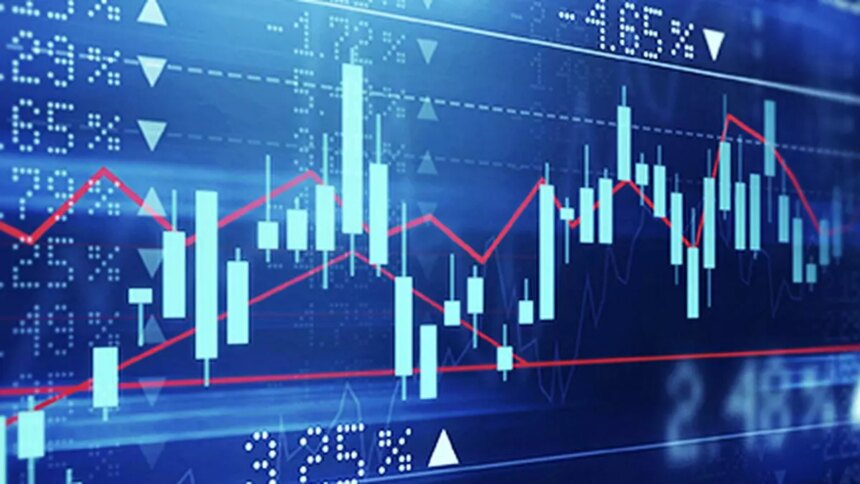The surge in demand for equities, driven by individual investors, has created a mismatch in the supply of primary market issuances, such as IPOs and follow-on offerings. This trend indicates a preference for short-term gains in the secondary market rather than long-term capital formation. The increase in demat accounts from 4 crore in FY20 to 15 crore in FY24 reflects the growing interest in trading among retail investors.
A study by SEBI highlights the rise in intra-day trading among individual investors, particularly young traders below the age of 30. However, a significant number of traders have incurred losses, with the proportion of loss-making investors increasing alongside the frequency of trading.
Analysis of Main Board IPOs reveals that individual investors tend to engage in ‘flipping’ behavior, selling a significant portion of their allotted shares shortly after listing. Moreover, investors are more inclined to sell IPO shares that show positive listing gains, indicating a focus on short-term profits.
Despite the high turnover in equity derivatives, particularly in the futures and options segment, a considerable number of individual investors have suffered losses. SEBI’s study shows that aggregate losses among individual F&O traders amounted to over ₹1.8 lakh crore between FY22 and FY24. Interestingly, a majority of loss-making traders continued to trade in the F&O market despite repeated losses.
On the other hand, proprietary traders and foreign portfolio investors, who possess advanced trading knowledge, have reported significant profits. The data suggests a disparity in trading outcomes between retail investors and institutional players, with the former facing challenges in sustaining profitable trading strategies.
In conclusion, the demand-supply imbalance in primary equity issuances underscores the need for investors to adopt a more balanced approach towards trading, focusing on long-term investment goals rather than short-term gains. Education and awareness about investment risks and strategies are crucial for individual investors to navigate the volatile market conditions and improve their overall trading outcomes.










